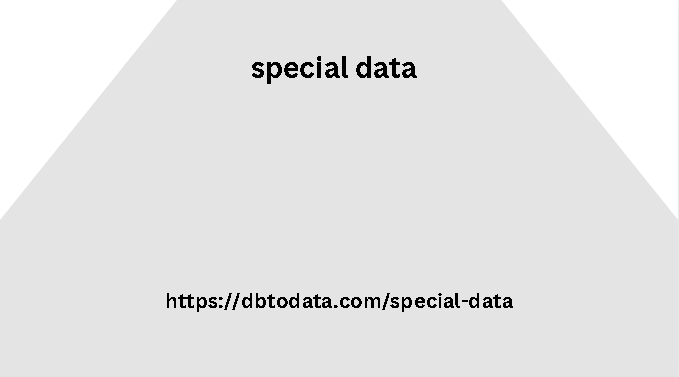Your cart is currently empty!
Learner Culture encourages diverse
Learner Culture encourages diverse voices to be heard in discussions. To do this, we must explicitly acknowledge that we may not know everything. We need to be able to engage in any conversation with an open mind to what we may learn. Vulnerability.
That’s the thinking behind an article
I co-authored with my friend Todd Gregory about the issue of giving and receiving feedback for the wildfire community, staff writer Rachel White has an excellent article that discusses this issue more broadly. If accepting feedback from others doesn’t require courage and vulnerability, then I don’t know what does. Brene Brown is from Texas. researcher, she explores these issues from a leadership perspective.
You may be familiar with her acclaimed
The power of vulnerability. One of the key takeaways is this: Whether you work in social justice, mental health, or abuse and neglect. Talking to people who work, we all know that connection, the ability to feel connected, is—neurobiologically overseas chinese in worldwide data speaking—our nature—and that’s why we’re here. Shame is easily understood as a response to disconnection.
Is there something about me that
If other people know or see it, makes german business greetings: your essential guide me unworthy of contact? … The root of this shame is… the idea that in order to connect, we have to let ourselv rich data es be. Be seen, truly seen. How do you show up? A strong learning culture is a great example of mindful leadership. We listen with open curiosity. When you demonstrate the courage to ask for feedback, you are setting an example of another level of learning promotion.
These daily practices are the cornerstone
Empowering work environment. Who knows where you’ll end up. Dana Skelly is a member of the GovLoop Featured Blogger program, which features blog posts from people in government across the country (and the world!). See more curated posts. Blogger article, click here. 98-featuredblog01 Government agencies often don’t lead in technology innovation.
